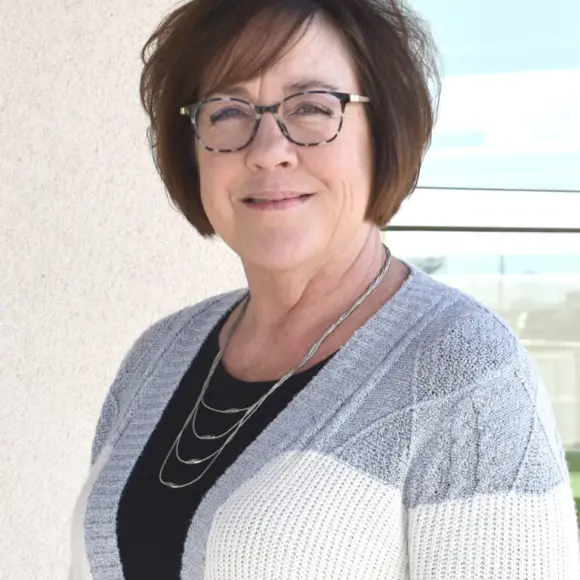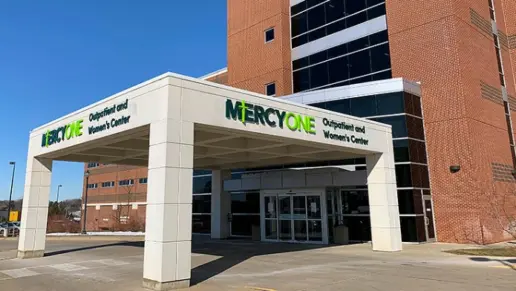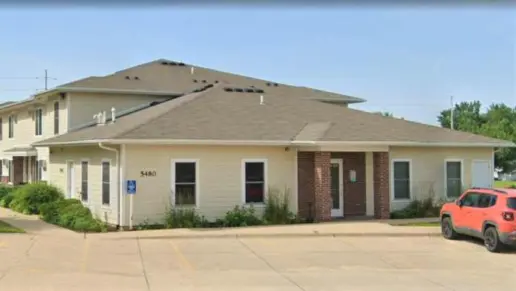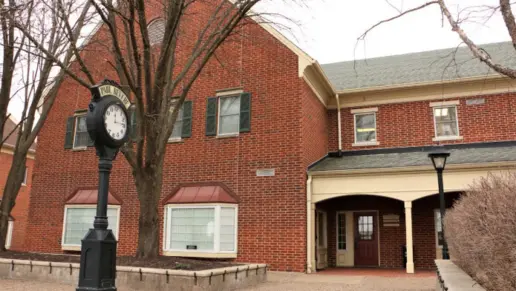About Hope Haven – Le Mars
Hope Haven offers an outpatient treatment for individuals with alcohol and/or substance addiction. The program includes individual counseling, group therapy, assessment and more. Hope Haven is located at Le Mars, Iowa.
Hope Haven does not discriminate based on race, religion, color, creed, national origin, age, sexual orientation, marital status, sex, or disabling condition. Hope Haven is an Equal Employment Opportunity/Affirmative Action Employer.
Hope Haven has contracts with each of the three Managed Care Organizations (MCOs) that will manage the care for most Iowans who have Medicaid coverage.
Hope Haven is committed to helping people not only vocationally, socially and residentially, but also spiritually. As a Christian service agency they are concerned about the whole person. The Religious Services Coordinator not only encourages residents to take a place in the church of their choice, but also works with the various denominations to receive people with disabilities into their congregations. The Religious Services Coordinator is a resource person, a liaison and encourager to those who seek to join a church and for those who are not sure how to meet the needs of those joining.
Accepted Insurance
Other Forms of Payment
Medicaid is a state based program that helps lower-income individuals and families pay for healthcare. Medicaid covers addiction treatment so those enrolled can use their coverage to pay for rehab. When a program accepts Medicaid the client often pays very little or nothing out of their own pocket.
Self-pay involves paying for treatment out of your own pocket. You can use savings or credit, get a personal loan, or receive help from family and friends to fund your treatment. If you don't have insurance or your insurance plan doesn't cover a specific program, self-pay can help ensure you still get the care you need.
Private insurance refers to any kind of healthcare coverage that isn't from the state or federal government. This includes individual and family plans offered by an employer or purchased from the Insurance Marketplace. Every plan will have different requirements and out of pocket costs so be sure to get the full details before you start treatment.
Medicare is a federal program that provides health insurance for those 65 and older. It also serves people under 65 with chronic and disabling health challenges. To use Medicare for addiction treatment you need to find a program that accepts Medicare and is in network with your plan. Out of pocket costs and preauthorization requirements vary, so always check with your provider.
Addiction Treatments
Levels of Care
Treatments
Mental health rehabs focus on helping individuals recover from mental illnesses like bipolar disorder, clinical depression, anxiety disorders, schizophrenia, and more. Mental health professionals at these facilities are trained to understand and treat mental health issues, both in individual and group settings.
Programs


Clinical Services
Cognitive Behavioral Therapy (CBT) is a therapy modality that focuses on the relationship between one's thoughts, feelings, and behaviors. It is used to establish and allow for healthy responses to thoughts and feelings (instead of unhealthy responses, like using drugs or alcohol). CBT has been proven effective for recovering addicts of all kinds, and is used to strengthen a patient's own self-awareness and ability to self-regulate. CBT allows individuals to monitor their own emotional state, become more adept at communicating with others, and manage stress without needing to engage in substance abuse.
Group therapy is any therapeutic work that happens in a group (not one-on-one). There are a number of different group therapy modalities, including support groups, experiential therapy, psycho-education, and more. Group therapy involves treatment as well as processing interaction between group members.
In individual therapy, a patient meets one-on-one with a trained psychologist or counselor. Therapy is a pivotal part of effective substance abuse treatment, as it often covers root causes of addiction, including challenges faced by the patient in their social, family, and work/school life.
Trauma therapy addresses traumatic incidents from a client's past that are likely affecting their present-day experience. Trauma is often one of the primary triggers and potential causes of addiction, and can stem from child sexual abuse, domestic violence, having a parent with a mental illness, losing one or both parents at a young age, teenage or adult sexual assault, or any number of other factors. The purpose of trauma therapy is to allow a patient to process trauma and move through and past it, with the help of trained and compassionate mental health professionals.
Staff

Chief Executive Officer

CFO

Director of Community Living Services

Director of Day Habilitation

Director of Quality Improvement/Compliance Officer

Chief of Staff

Director of Development

Director of Service Planning
Contact Information
121 5th Avenue SW Suite C
Oak Tree Plaza
Le Mars, IA 51031




